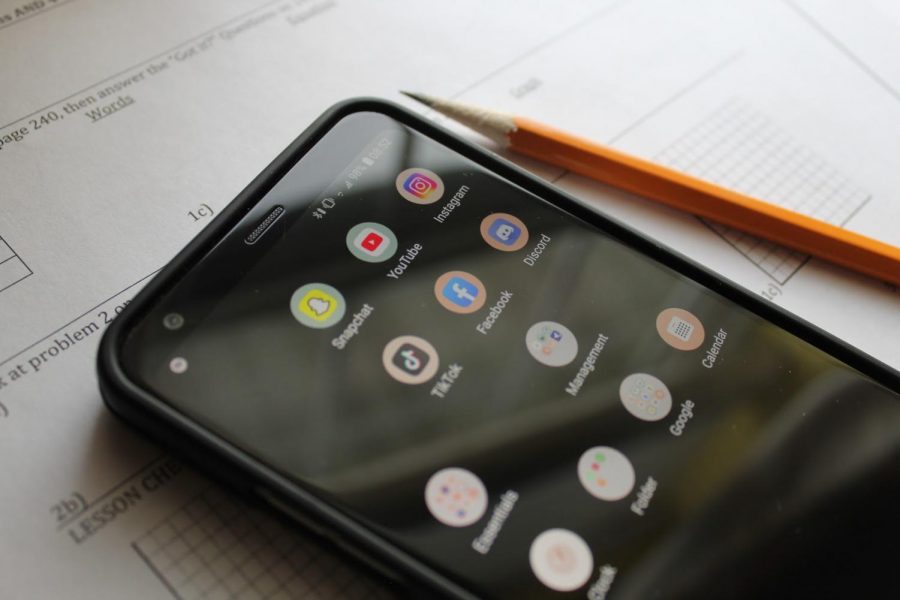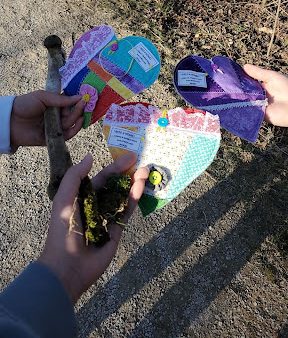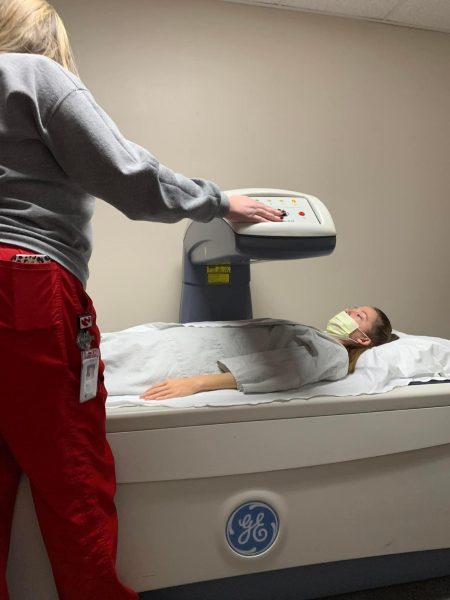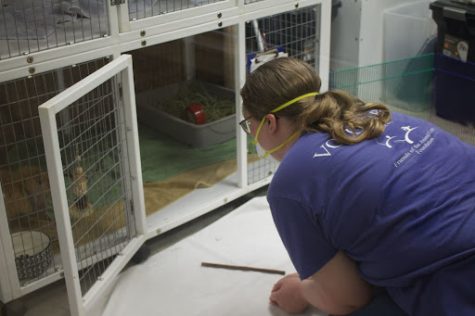Is Social Media Linked to Increase in Loneliness?
December 16, 2020
With one tap of a finger you could be talking to someone on the other side of the world. In today’s world, that’s no big deal. With technology and social media, we are able to stay connected when ever and where ever. With this much connection to the world, it would seem foolish to believe people could be lonely. In reality, social media actually plays a role in loneliness in today’s world.
First and foremost, let’s talk about loneliness. We’ve all experienced it even if you didn’t acknowledge it. Psychology Today defines it as, “The state of distress or discomfort that results when one perceives a gap between one’s desires for social connection and actual experiences of it” (“Loneliness”). The fact is, loneliness in The United States of America has increased, especially during this Covid19 pandemic we are in.
It might not sound that serious, but there have been studies showing that loneliness can actually affect our health. For example, earlier death, poor mental health, suicide, and increase in the possibility of having dementia and Alzheimers are all but a couple health factors that can be caused by loneliness. Studies have shown that loneliness is linked to 50% higher risk of dementia and 29% increased possibility of heart disease. Other statistics on this matter can be found on the CDC website under “Loneliness and Social Isolation Linked to Serious Health Conditions.”
Now onto the bigger question, what kind of impact does social media have on us? Well, to start, we can look at the positive influence. Social networks have helped reconnect people and create new relationships. It can be used to catch up with old friends and new ones. In some cases, it has offered professional connections and helped others advertise their products. Distant social communication is also especially important during this pandemic, and social networks have helped with that.
However, there is a saying that you can have too much of a good thing. While social media alone doesn’t affect our loneliness, how we use it can impact our health. Replacing face to face connection with social media can increase our loneliness. In relation to excessive social media use and higher levels of loneliness, researchers at the University of Wollongong Australia say, “This may be because online spaces are often oriented to performance, status, exaggerating favourable qualities (such as by posting only “happy” content and likes), and frowning on expressions of loneliness”(“2020: Does Social Media Make Us More or Less Lonely? – University of Wollongong – UOW”).
While social media has created opportunities and strengthened social connections, it also influences how lonely we feel and our mental health. It all depends on how we use these social platforms. Although face to face contact is not the best this year due to Covid 19, we can still use social media to our advantage; Phone calls, FaceTime, Google Meet, and other social networking sites can be good alternatives.
Ways you can improve your social media use is by watching the amount of time you spend scrolling on it. Jeremy Nobel on Harvard Health Publishing revealed, “Students showed ‘significant decreases in anxiety and fear of missing out,’ a side effect of increased self-monitoring, noted researchers. As one study participant put it, ‘I ended up using [social media] less and felt happier… I could focus on school and not [be as] interested in what everyone is up to’” (Nobel).
Many use social media to pass time. Which is fine, though it can become addicting. Before looking on social media, it is important to reflect and ask yourself why you are checking. If it is to replace boredom, is there something else you could be doing that might benefit you? Don’t check social platforms to see what you are missing out on, this can only be hurtful to your health. Instead, use social media to connect to people. Of course, you always want to be careful when meeting new people.
Not all social media is the same, but it can still end up hurting us in the end when we use it for the wrong purposes. Find a platform where you can be expressive and still enjoy your time there.When hopping off social media, if it leaves you feeling anything but happy, it is best to lessen your usage.
Around 213 people in the CCA community filled out a survey asking about their social media usage. The majority of the age group being 12-16 years old. The data showed that social media use within the CCA district is fairly high. 43% of people in the community say they use social media for 3+ hours a day. While this is a high number, many say that their use of social media has positively affected them.
For some, it has connected them to people who can relate to them. “I have made so many friends online through social media that can relate to my experiences while most people in person can’t,” high schooler Sedona Helmke says.
People also use social media to stay informed. As middle schooler Live Lopongo puts it, “Social media lets me keep up with all that’s happening around the world. For example, I would never know about BLM protests, Yemen, maltreated Muslims, etc. until I was informed on social media.” Along the same lines, Lindsay Miles says, “If I could choose I would say it affects me both in a negative and positive way. It’s a great tool for staying informed and maintaining contact with others. However, information that I am exposed to is not always factual and tends to reinforce my biases. It can also distract me from being present with my surroundings which is not healthy.”
Some also use social media to their advantage in the ways of business. Marissa Moore, high school english teacher, states that, “There are some aspects of social media that I find to be positive and useful and others that are not. For example–I use Instagram to sell earrings that I make (positive). Without social media, I would have a difficult time advertising my product.”
While social media is a large part of our lives now, it has proven that it can improve, and impair us and our social interactions. Again, it all boils down to how you use it. Many have found comfort in social networks because they use it to further communicate with others while keeping existing relationships and creating new ones. Replacing social interaction with social media causes an increase in loneliness. Becoming lost when scrolling in the world of social media can become unhealthy. It is important to stop and ask ourselves: How am I using social media? Am I benefitting from my usage?









